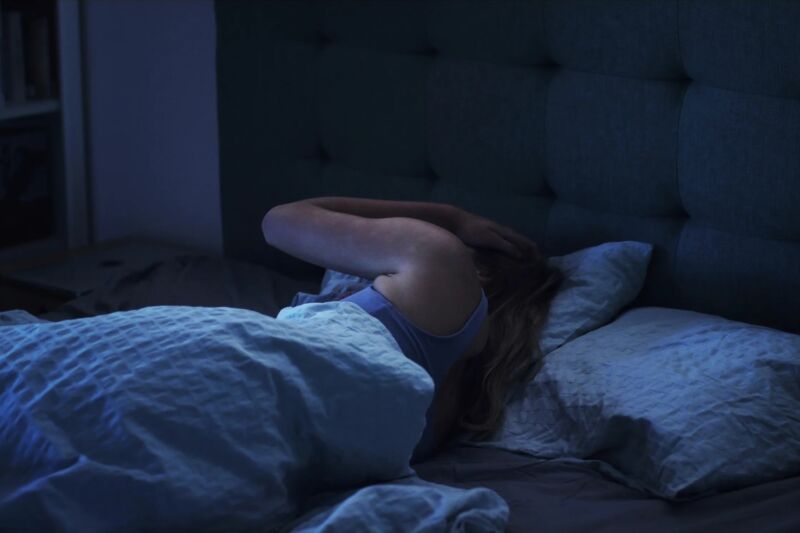Why pain feels worse at night

Enlarge (credit: Getty Images)
It's long been a mystery why one of the most basic human experiences-feeling physical pain-fluctuates in intensity throughout the day. Since the early days of medicine, doctors and patients have noticed that many types of pain tend to get worse at night. Most research so far has tried to link mounting nighttime pain to sleep deprivation or disrupted sleep, but with limited success.
In a recently published study, scientists led by Claude Gronfier at the Lyon Neuroscience Research Centre in France have finally shed light on changing pain sensitivity, suggesting that our circadian clock strongly shapes these shifts, with a characteristic peak and trough of intensity at different times of day.
Even people who can't dance have internal rhythms thrumming through every system in their body. Known as circadian rhythms, these biological processes tune their activity to rise and fall at precise times across the day, driven by the body's internal clock. They influence pretty much every bodily system, exerting control over "almost all aspects of our physiology and behavior," says Lance Kriegsfeld, a circadian biologist at the University of California, Berkeley.